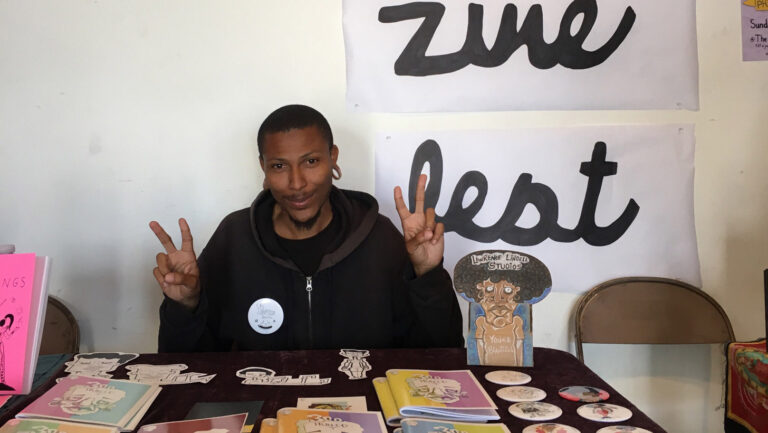Arts Interview: Print Magic
Abq Zine Fest Year Eight With Lawrence Lindell And Many Others
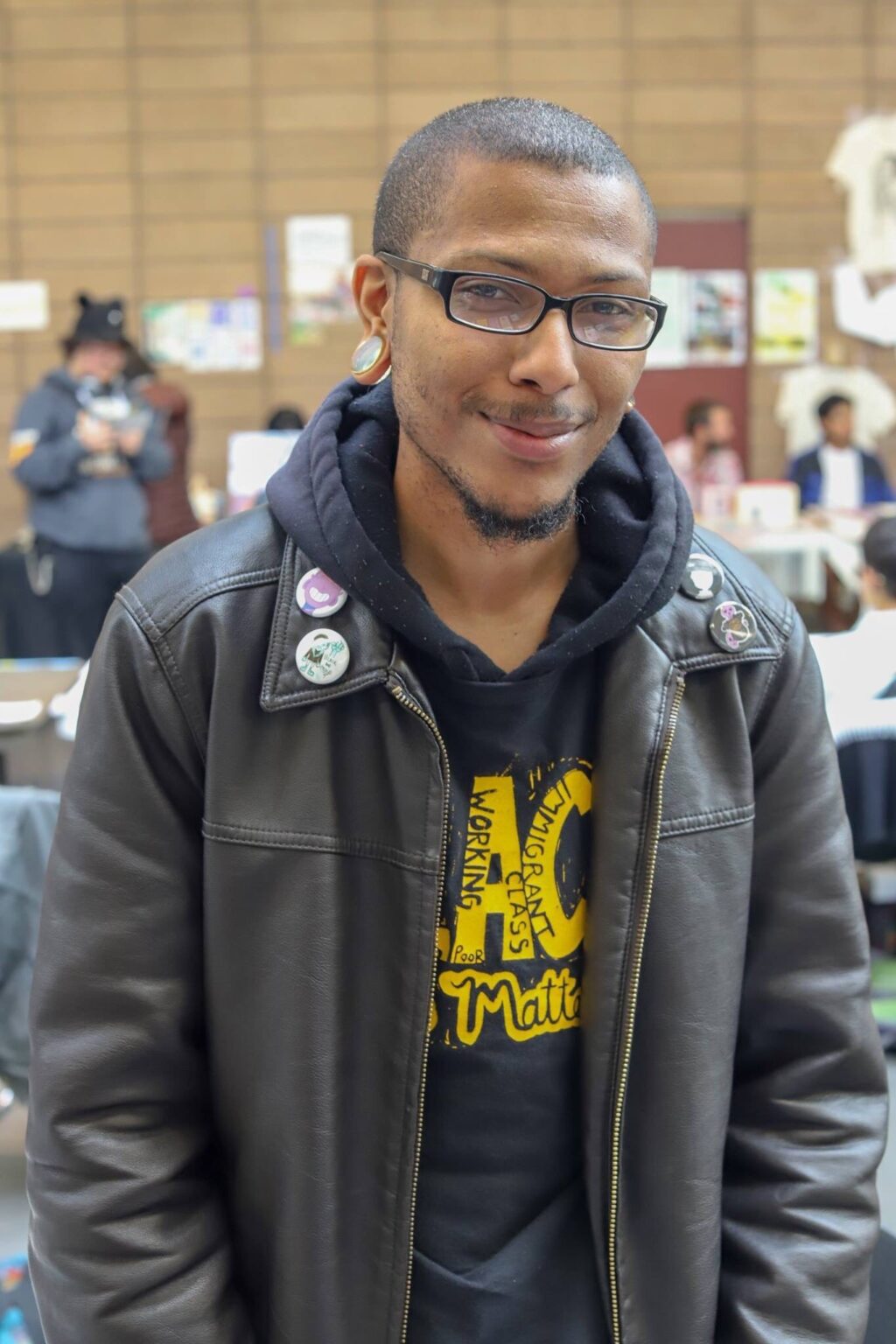
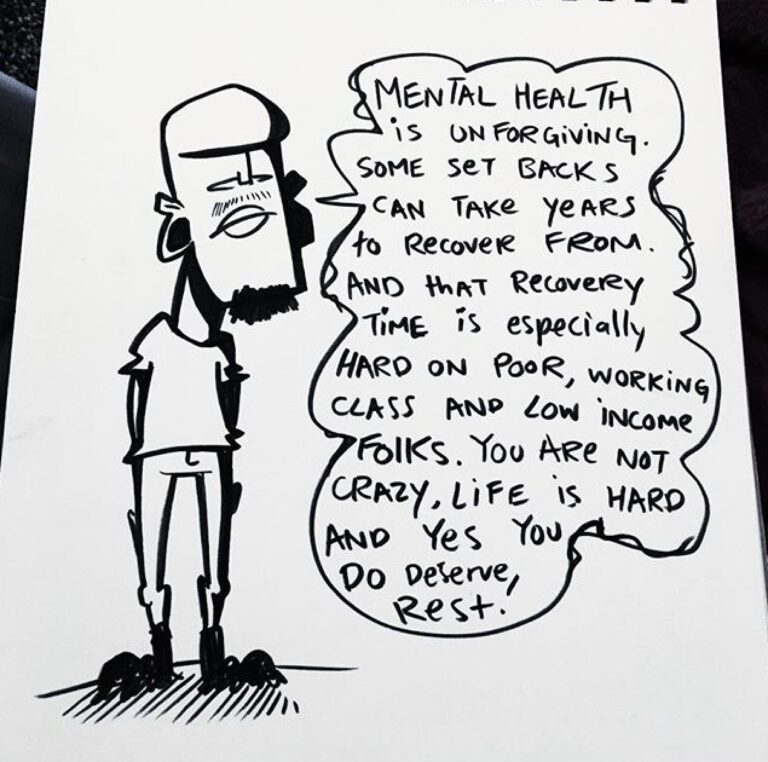
Courtesy of Lawrence Lindell
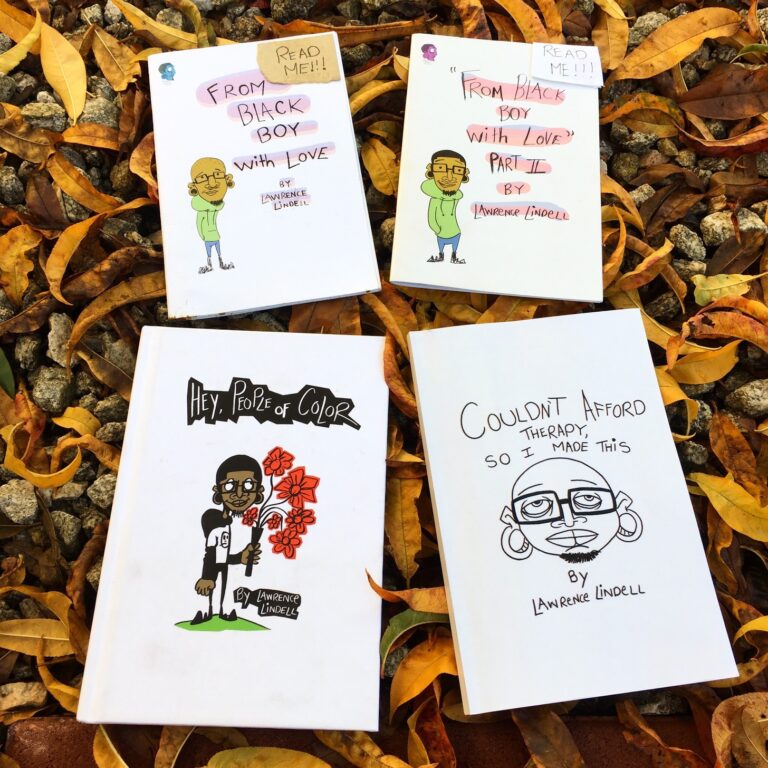
From Lindell’s catalog of work, created for “black women, black people, people of color, folks with mental health issues and queer folks.”
Courtesy of Lawrence Lindell
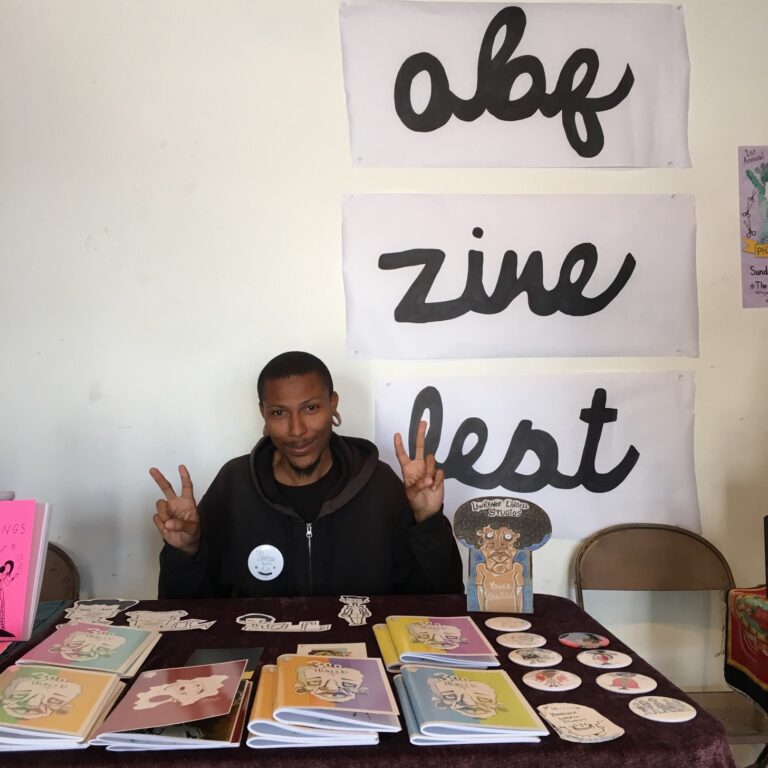
Zinester Lawrence Lindell will return to ABQ Zine Fest this Saturday
Courtesy of Lawrence Lindell
